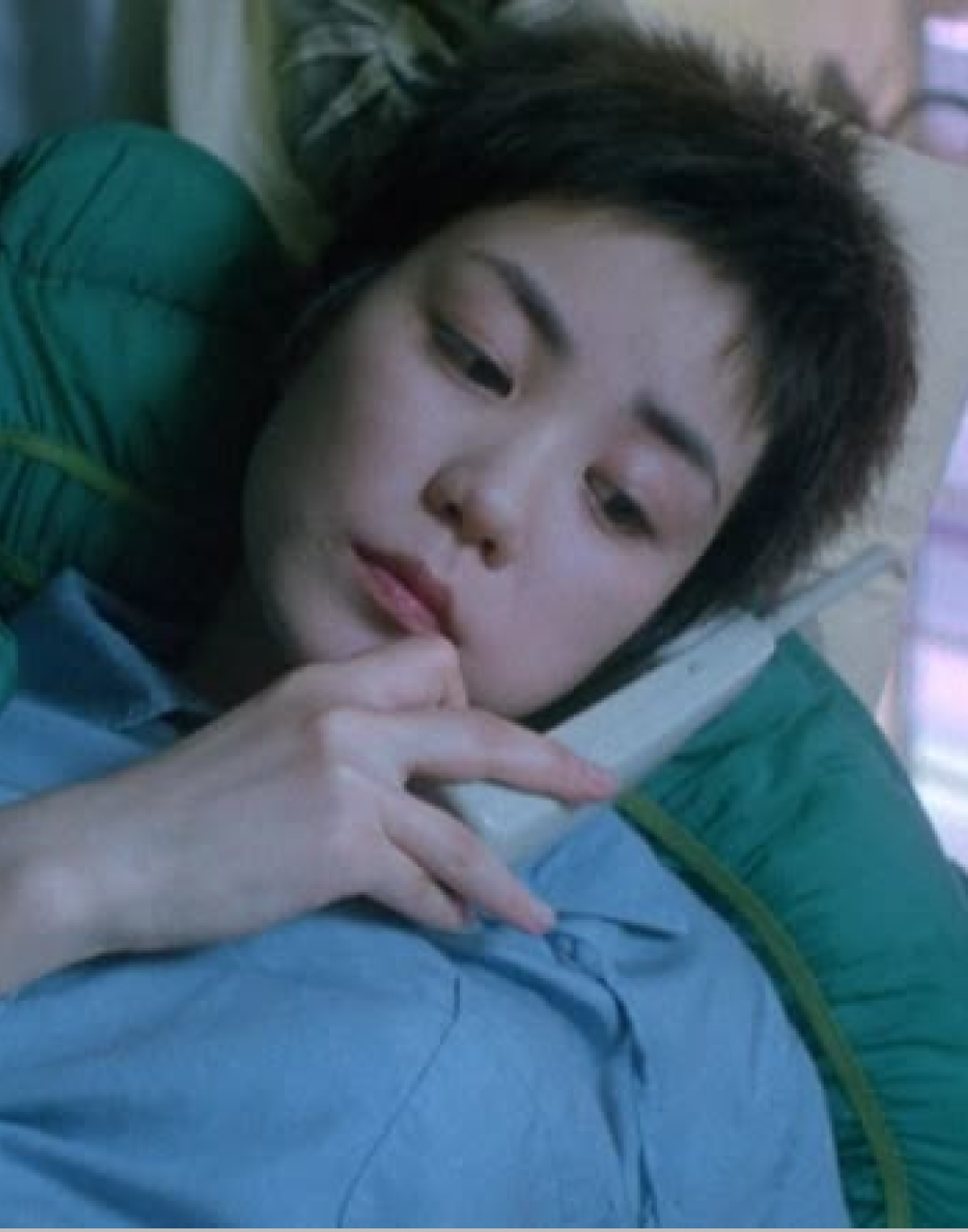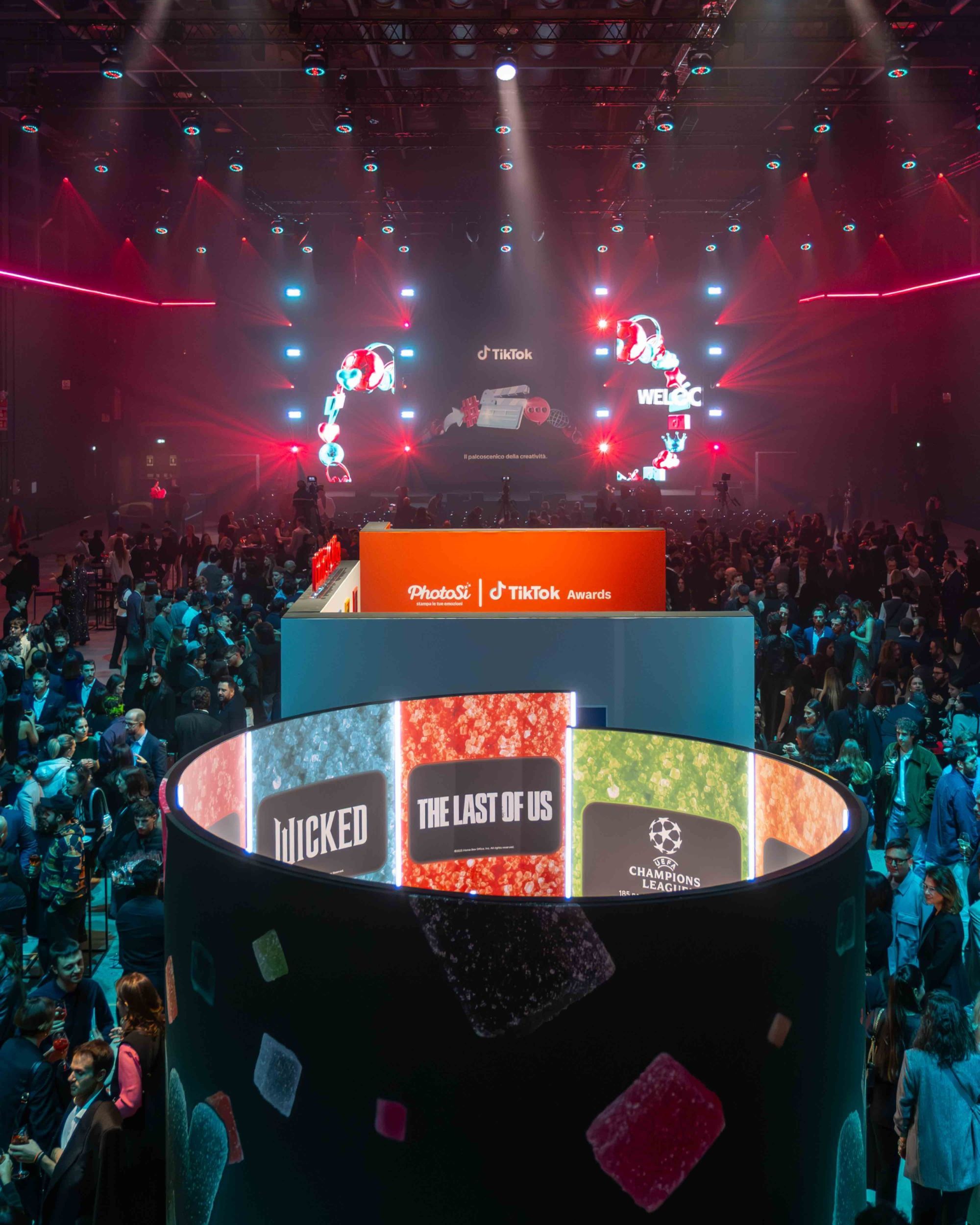
What does "mogger" mean? The new social trend blurring the lines between envy and adoration
Last October, the legendary model Francisco Lachowski asked, through his IG Stories, his followers what the term "mog" meant. He wasn't asking randomly: in recent months, Instagram and TikTok algorithms have quietly invaded the feeds of numerous accounts with short reels featuring behind-the-scenes images and runway walks of male top models from the early '10s, such as Lachowski himself, Jordan Barrett, Sean O’Pry, or Jon Kortajarena, as well as athletes like Cristiano Ronaldo and actors like the young Leonardo DiCaprio and Brad Pitt. Specifically, the term indicates the act of dominating someone else aesthetically, and thus the concept of "mogging" involves a dynamic between the "mogger" – the more attractive person – and the "mogged" – the person who feels overshadowed in comparison to such beauty. The feelings conveyed by these video contents range from a kind of thinly veiled envy to a submissive and total adoration, fitting into the more twisted fringes of the incel world. Becoming a "mogger" is often portrayed as a goal to achieve not only through conventional methods like going to the gym or adopting a skincare routine but also through postural techniques such as mewing, which involves flattening the tongue against the palate to move the jaw forward, align and emphasize men's jawlines. The concept of "mogging" fits into the broader trend of "looksmaxxing" (Gen Z likes to coin new words for old habits), an obsession that some young people have with self-improvement.
@interstellarbe Me everytime i hear this song #looksmax #looksmaxxing #fransiscolachowski #chico #pslgod #mewingtutorial #lookism #mogg #mogged son original - Interstellarbe
Some prominent creators in this movement include Kareem Shami, who even managed to connect with Francisco Lachowski on TikTok (or at least that's what he says), offering tutorials to improve one's appearance, and Dillon Latham, who recently spoke out on social media about the toxicity of the trend, essentially saying that it's all fine as long as it helps individuals feel better about themselves, but the normalization of the concept of physical beauty has actually led many users to bully each other and jeopardize their mental health. Of course, he did it shirtless and wearing the nose tape he recommends to his followers for training facial posture while sleeping. Now, the temptation to attribute this fundamental imbalance and voracious insecurity to Gen Z is strong, but we need to take a step back. Even Millennials had these insecurities, perhaps triggered by the sight of the models mentioned above, but they simply couldn't discuss them openly; their struggle was internal. In the early '10s, young Millennials observed them through Tumblr and Twitter with a very adolescent unease, unable to explicitly formulate the question: what am I missing to be like him? Now, these questions are openly asked, and, more importantly, they receive answers.
Generations change, and questions change with them. If Millennials considered the issue of their physical attractiveness later in life or in a vague and marginal way since the body, both their own and others, was not as over-represented as it is today, the abundance of theme-related content produced and consumed by Gen Z suggests that the questions teenagers ask today are much more urgent and specific: how to develop a toned physique, how to solve acne problems, how to appear confident, and so on – but with a more openly declared search for scientific objectivity. Thus, they invent numerical and physical criteria to classify personal attractiveness, take inventory of face and body shapes and types, attempt to define the best genetic traits (not a joke), in essence trying to distill a rational formula to synthesize something fundamentally irrational like beauty. Centuries of social and political progressivism only to fall back into Polyclitus' canon and measure, with ruler in hand, the harmony of one's body: only this time, the "canon" is a merging of various notions and disciplines, ranging from nutrition to physical training, from cosmetics to hairstyles, even including bizarre advice on how to sleep and the mindset to adopt for success. But there are also memes, quite abundant on TikTok, that tell the absurdity of the entire subculture's terminology while continuing to create video montages in which the models in question are objects of open adoration.
@fvonzy Parent teacher conferences is good this time #mogging #mogged #mogger #mog #chicolachowski #fyp #edit #vsp original sound - Yoel
In the past, the concept of physical attractiveness was connected to the idea of desirability and thus arose in the relationship between oneself and others, leading to the question, "How can I appear attractive to others?" Now, keywords in the feeds of these pages and their followers revolve around egocentric and power dynamics. "How can I look better in photos?" is a very common question, for example, as is the presence of content that glorifies the effort and discipline needed to have a model-like physique with highly epic and rhetorical tones. There is here an attempt to derive ethics from aesthetics, to find a human and more universal value in these bends, lifts, protein-filled diet plans. The trends of "looksmaxxing" and "mogging" are superficial but speak to the need for rationality, order, and personal fulfillment in today's young men, which, however, does not find its resolution solely in the gym or at least does not have the gym as its ultimate horizon. The power and superiority lexicon these pages use are less about the need to excel and more about finding personal meaning in a society that has questioned the function, validity, and sense of "being men". Just be beautiful and confident: the rest will follow. This trend for men, like the countless female "aesthetics" that thrive on TikTok, is nothing more than an attempt to reconstruct an identity that, without a broader and cohesive cultural horizon, cannot be realized. Unfortunately, we do not live in times conducive to certainties or those seeking them .
words like mogging and looksmaxxing going mainstream is so funny to me i know those incels are going insane knowing people take their entire thing as a joke
— rico suave (@twinkdeath2000) January 22, 2024
However, why has this nostalgia for Millennial models arisen? Because they represent cultural archetypes, living symbols of this search for meaning: models from the Millennial generation were the first to become famous online, in an underground way, for their faces, an entire generation contemplated the mystery of their beauty on the screens of their computers, these young people who seemed to have it all. They were the first to suggest an ideal self for a generation to aspire to. Even more so today, that same magic is irreplicable: too many models, wannabes and not, infest our feeds with their thirst traps; too many names to know, too many small mediocrities to realize. Millennial top models, on the other hand, existed in an idealized paradise whose sojourn, today, the idols of K-Pop chased by crowds pay for at the price of their personal freedom, a paradise that then seemed free. Francisco Lachowski and the others were the first to be names after faces, heirs themselves of a world where male models were relatively anonymous. And so now, they still represent the purest form of an ideal that, thrown into the vortex of social media, has become something strange and disconnected from reality. We cannot blame them: when Lachowski asks his two million fans what "mog" means, he looks vaguely lost, trying to play along without really understanding what he's talking about. And we can understand that well.












































